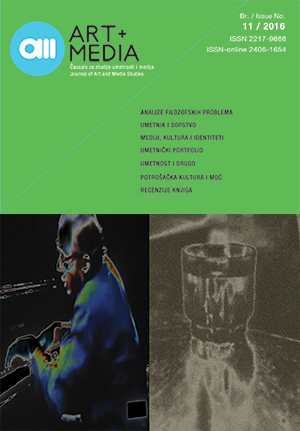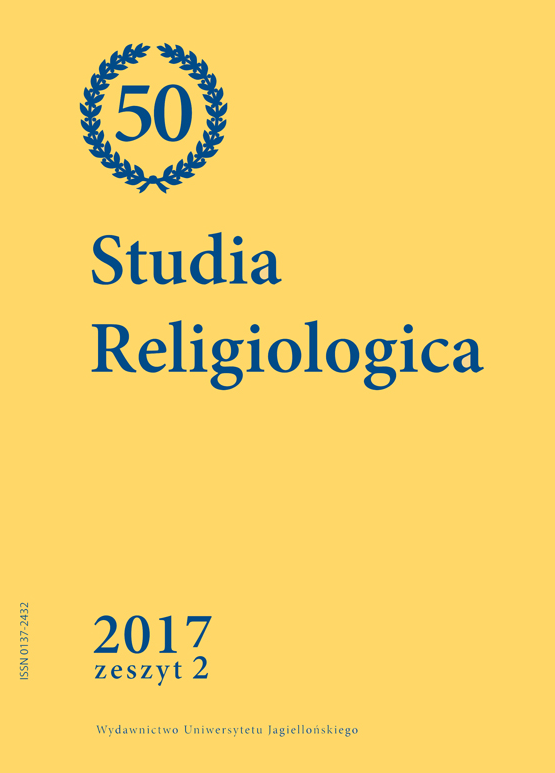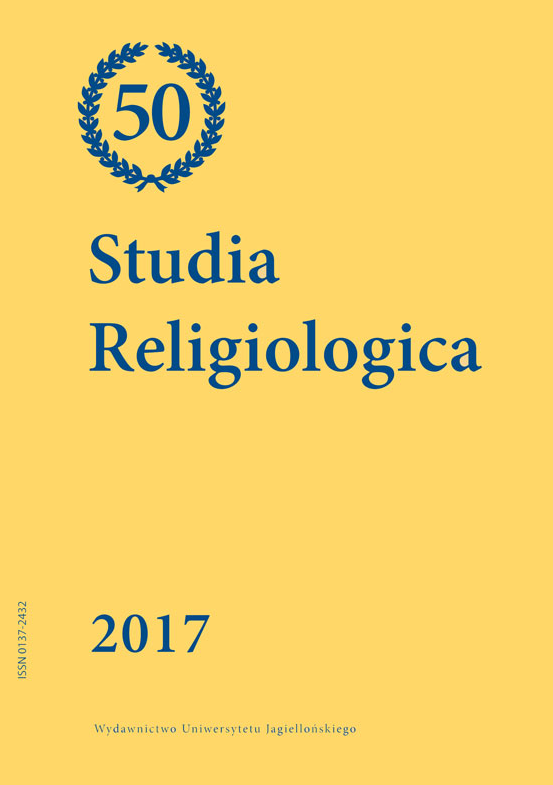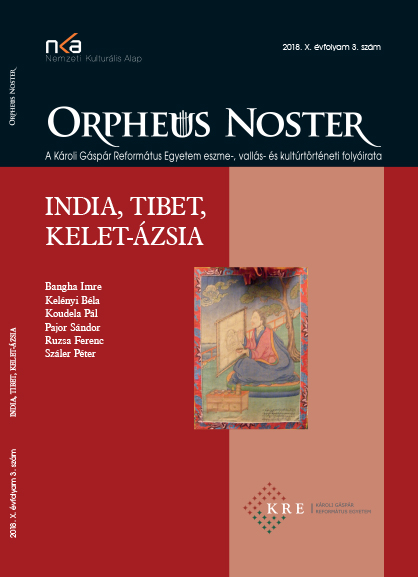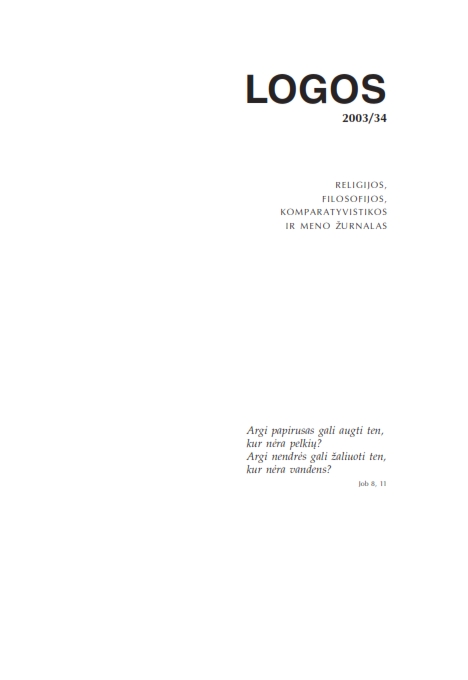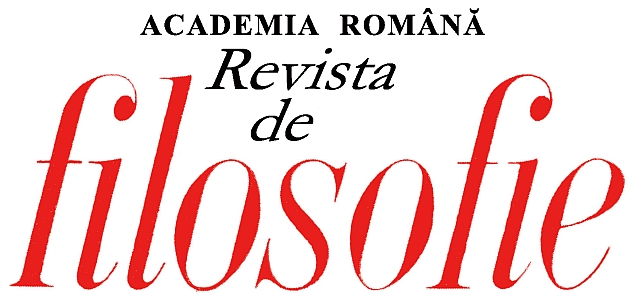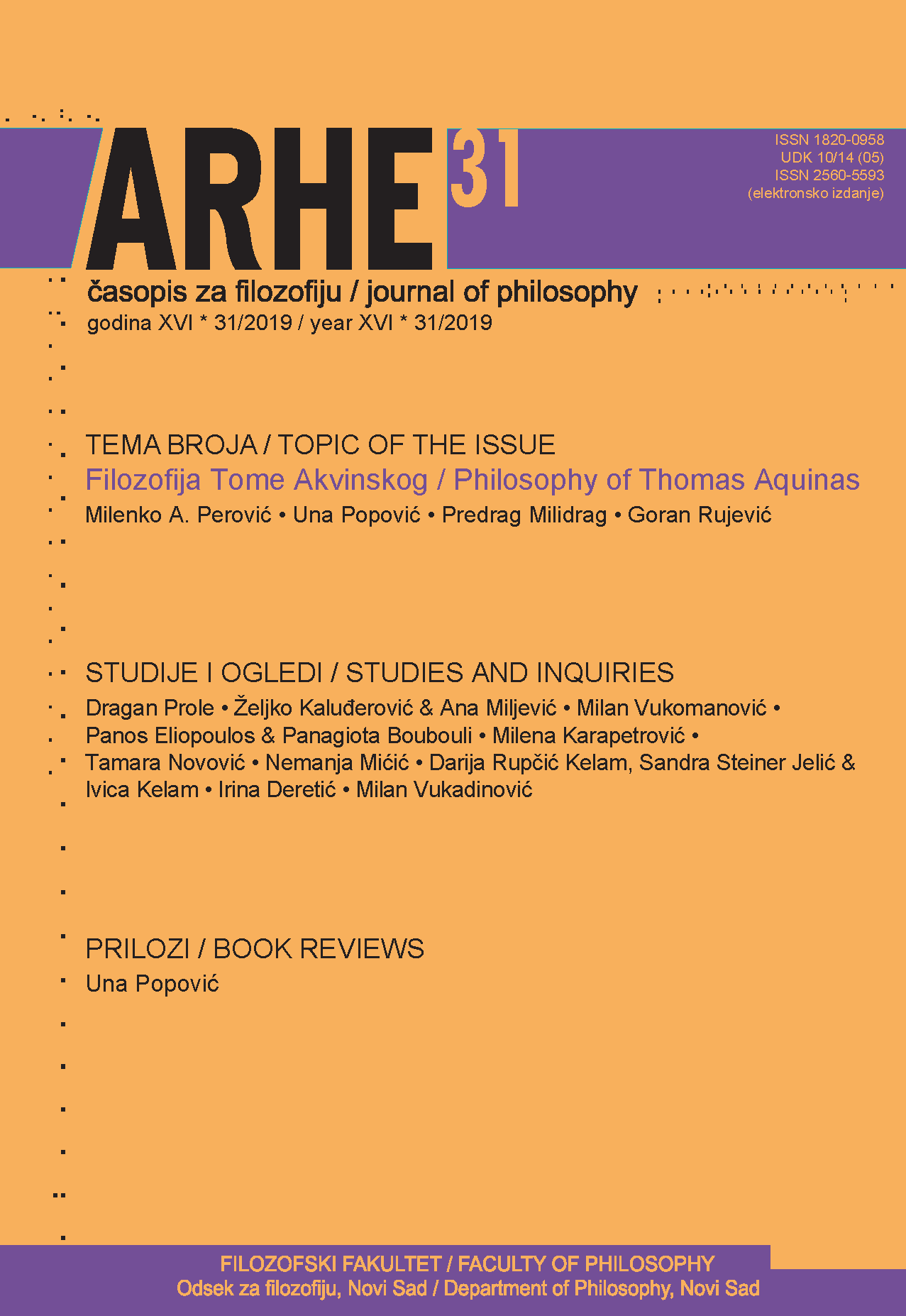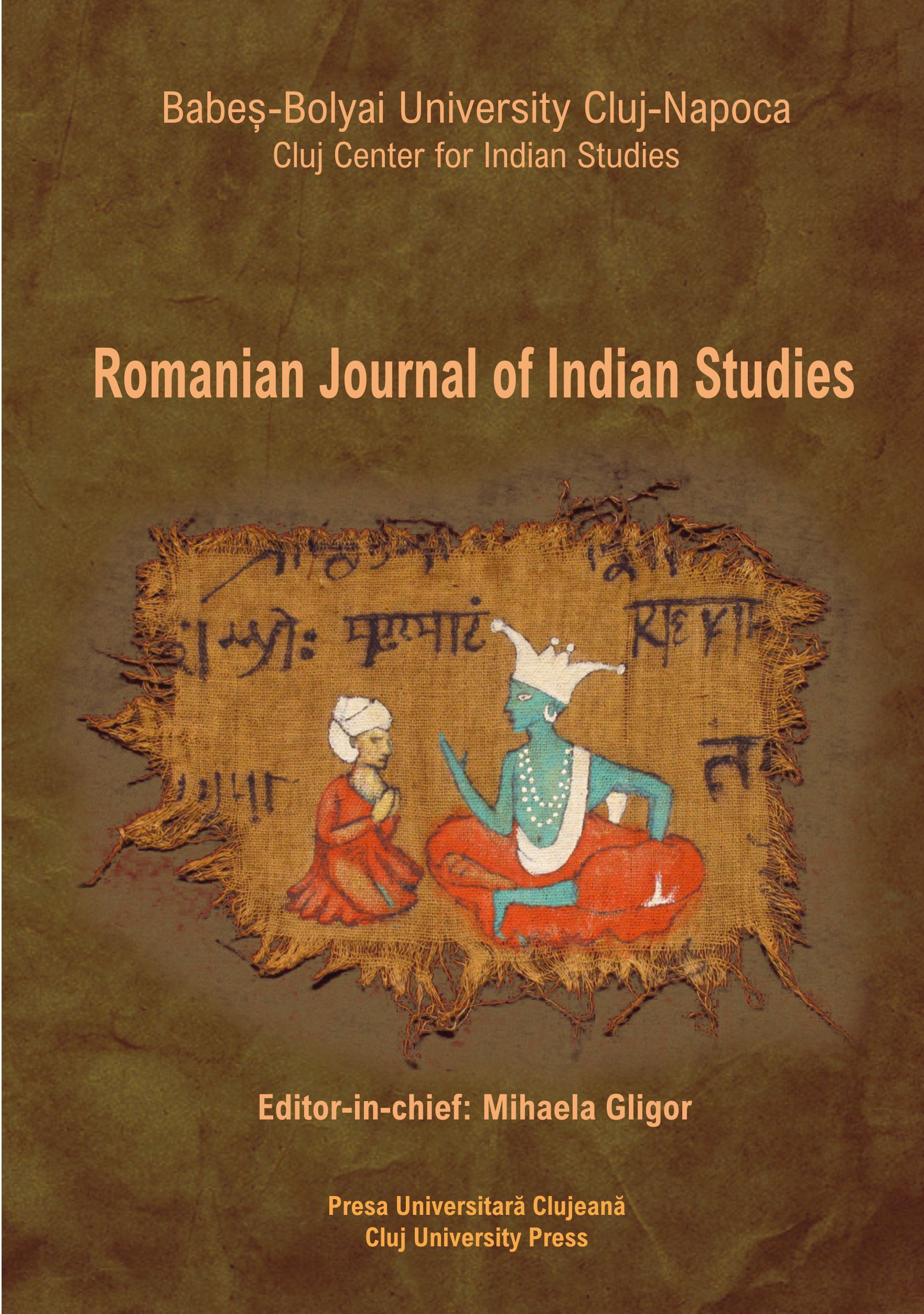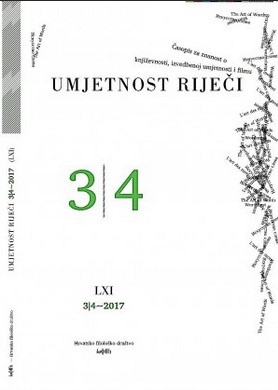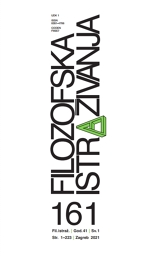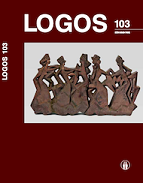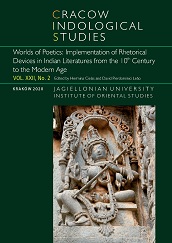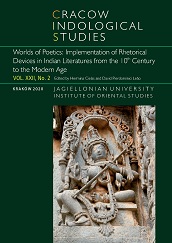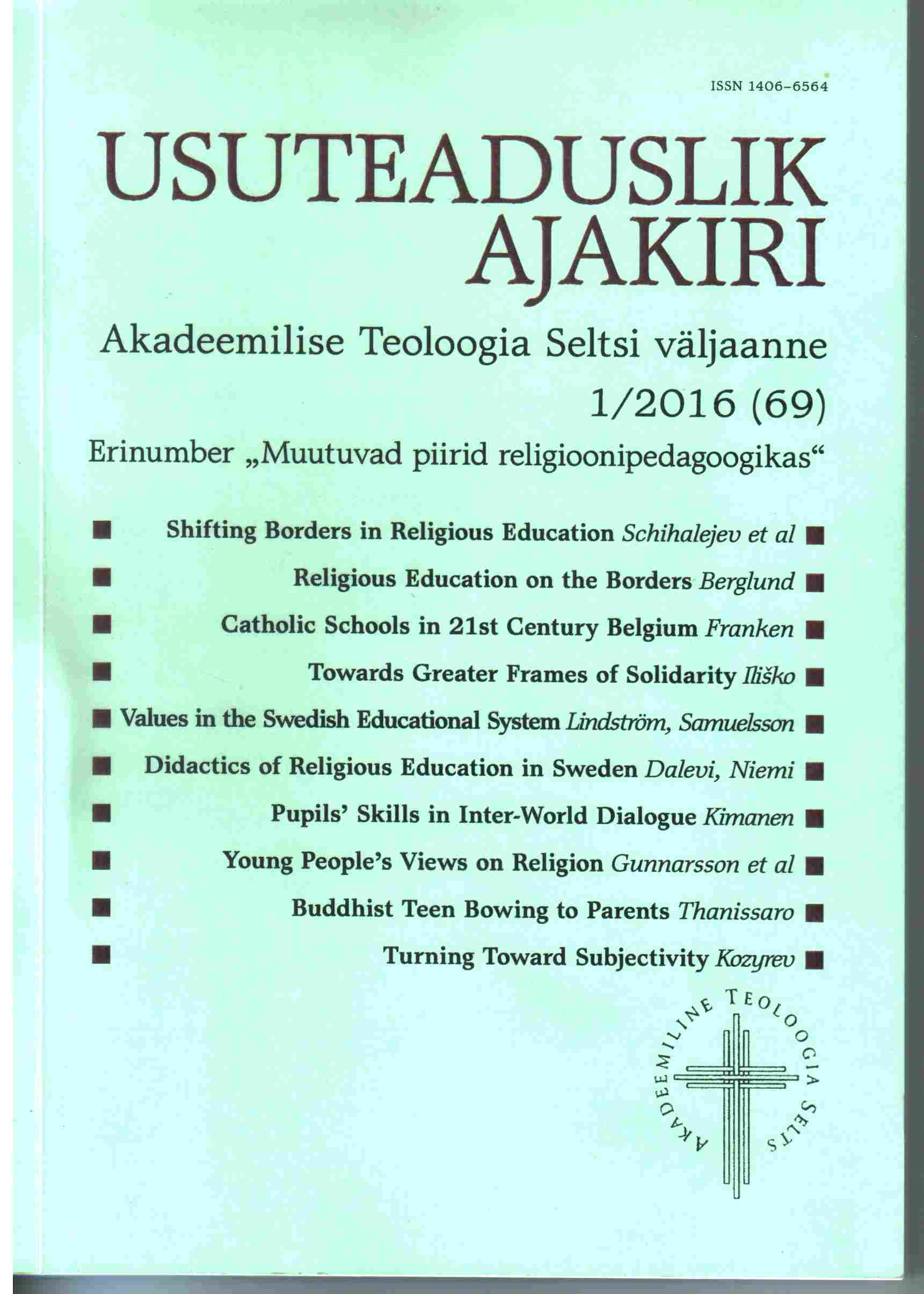
Buddhist Teen Bowing to Parents: Straddling the Border between Private and Public Religion
Bowing to parents is a Buddhist home practice that links with the Spreed of religious-led attitudes across a notional border into the public sphere of young Buddhists’ lives. A quantitative study sought to map the attitudes corresponding with bowing to parents for teen self-identifying Buddhists in Britain. A variety of statements including those concerning personal wellbeing, discrimination, work, school, RE, friends, family, substance use, collectivism, tradition and religion were rated for levels of agreement by 417 self-identifying Buddhists, aged between 13 and 20, using postal and online surveys. The 56% who bowed to parents were found to have stronger public sphere attitudes such as work ethic, resilience to intoxicant use, valuing study and RE. In the private sphere, they were found to have a more positive attitude towards family and Buddhism. Additionally the study found the significance of bowing differed with age – being linked particularly with an increased subjective well-being in early teens and acceptance of hierarchy and parental influence in late teens. Also, the attitudes corresponding with bowing depended on religious style – bowing being linked with Asian values and feeling more religious for convert Buddhist teens, whereas for heritage Buddhist teens it was linked more with in-group mentality. Unlike non-Buddhist adolescents, bowing to parents in Buddhists was linked with wanting to look after parents in old age. The article argues that bowing to parents has the cultural function of bringing religiously-led good into society, acting as a perpetuating structure, binding the Buddhist community together, facilitating mutual respect from adults and a sense of social hierarchy and such deserves to be considered an aspect of Buddhist religiosity.
More...
